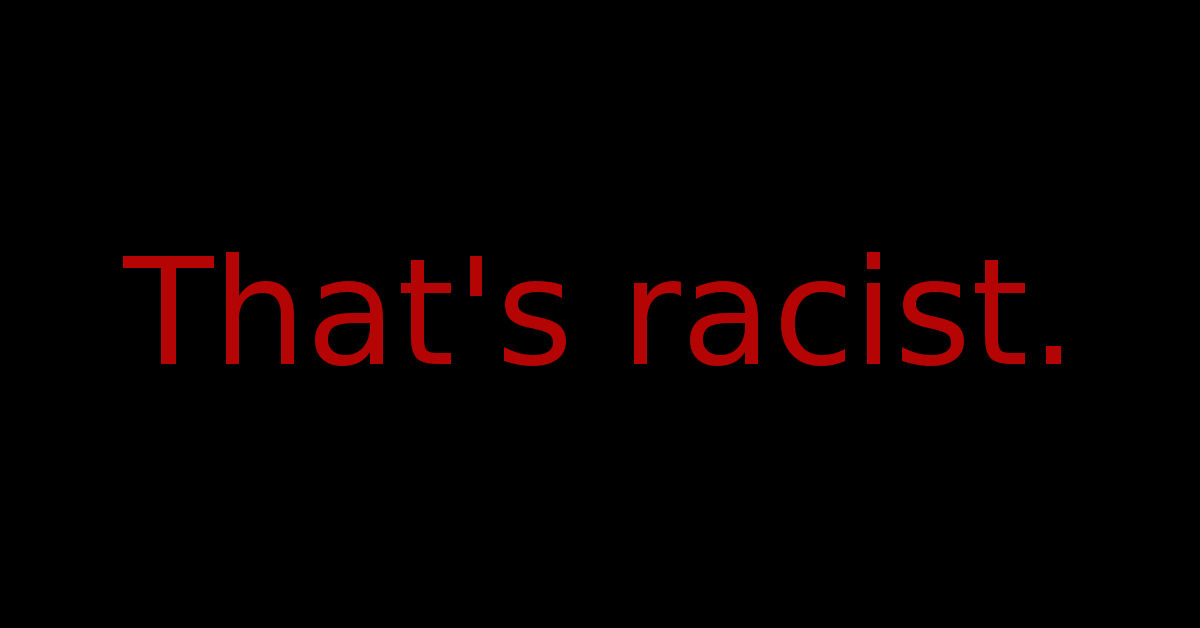A week ago, Hillary Clinton set political alarm bells ringing by consigning “half of Trump’s supporters” to “the basket of deplorables” in what was either a monumental gaffe or a brilliant strategic coup, depending on who you ask. (Time will doubtless tell, but he hasn’t yet.) Less discussed was the second half of her quote, as she elaborated on the nature of the “deplorables”: “racist, sexist, homophobic, xenophobic, Islamophobic…”
Personally, I liked the quote. It was neither gracious nor accurate, but the imagery is perfect. For many on the political left, these assorted phobias and ugly -isms function exactly as Clinton described—a basket into which any unwelcome sentiments can be cast and ignored. Worried about the potential of unlimited immigration to change Western culture? You’re a xenophobe. See some value in the definition of marriage which has been assumed for thousands of years? You’re homophobic. When “That’s racist” is a joke in high schools across the country, it may be a sign that your favorite condemnatory labels have been a bit overused.
Which is a pity, because racism, sexism, homophobia, xenophobia, and Islamophobia really do exist; are even, in fact, bigger problems than many on the right might like to admit. But instead of serving a useful purpose by calling out true wrongs, these labels and those who use them often just muddy the waters. The reason our phobias and isms are so imprecise and overused is because we have jettisoned the two most necessary criteria for moral condemnation: the categories of sin and objective fact.


